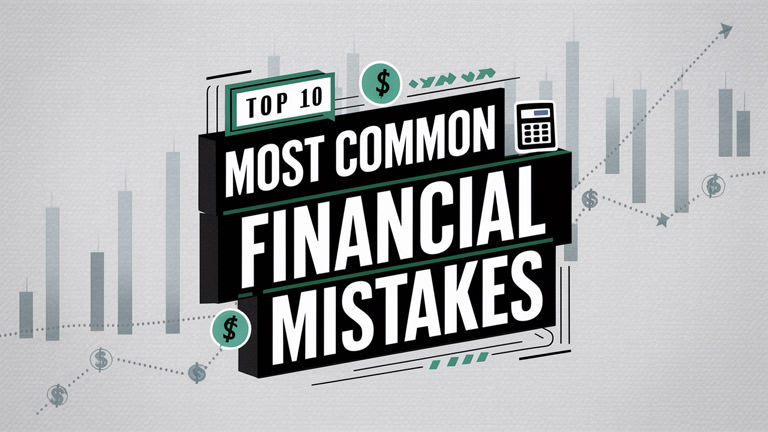Investing might seem like a concept reserved for adults, but the truth is, teens can greatly benefit from learning about and participating in the world of finance. Starting early with investing can set the foundation for a lifetime of financial security. Here’s a comprehensive guide on what teens should know about investing.

Why Should Teens Invest?
Investing from a young age allows for the magic of compound interest to work in your favor. By investing early, teens can take advantage of the exponential growth potential of their money over time. This can lead to significant financial advantages in adulthood. Additionally, learning to invest can foster important skills such as financial literacy, responsibility, and strategic thinking.
Understanding the Basics
Before diving into the stock market, it’s essential for teens to understand the basics of investing. This includes grasping fundamental concepts such as stocks, bonds, mutual funds, and exchange-traded funds (ETFs).
- Stocks represent shares in a company and entitle the shareholder to a portion of the company’s profits.
- Bonds are essentially loans made to corporations or governments that pay back interest over time.
- Mutual funds pool money from many investors to purchase a diversified portfolio of stocks and/or bonds.
- ETFs are similar to mutual funds but trade like individual stocks on stock exchanges.
Setting Financial Goals
For teens, it’s important to set clear financial goals. These could range from saving for college, buying a car, or simply growing wealth for future needs. Setting goals helps to determine the right investment strategy and the level of risk one is willing to take.
Starting with a Budget
Creating a budget is a crucial step in managing money effectively. Teens should start by tracking their income, whether it’s from a part-time job, allowance, or gifts. Understanding expenses is equally important. By setting aside a portion of their income for savings and investments, teens can start building their investment portfolio.
The Power of Compound Interest
One of the key concepts that teens should understand is compound interest. This is the interest earned on the initial principal, which also earns interest over time. The longer the investment period, the more significant the impact of compound interest. For example, investing $1000 at an annual return of 8% could grow to over $21,000 in 40 years thanks to compounding.
Choosing the Right Investment Accounts
Teens should be aware of the different types of investment accounts available to them. Custodial accounts, such as a Uniform Gifts to Minors Act (UGMA) or Uniform Transfers to Minors Act (UTMA) account, allow teens to invest in stocks, bonds, and mutual funds with the guidance of a parent or guardian. Once they turn 18 or 21, depending on the state, the assets in these accounts become theirs.
Risk and Diversification
Understanding risk is fundamental to investing. Teens should know that all investments carry some level of risk, and it’s possible to lose money. Diversification, or spreading investments across various asset classes and industries, is a strategy to manage risk. By not putting all their money into one stock or sector, they can reduce the impact of a poor-performing investment on their overall portfolio.
Research and Education
Continuous learning is crucial for successful investing. Teens should make a habit of researching and staying informed about the financial markets. Resources like financial news websites, investment apps, and educational platforms such as Financial Tab can provide valuable information and insights.
Getting Started
Teens can begin their investing journey with small amounts of money. Many brokerage firms offer low minimum investment requirements and educational resources specifically tailored for young investors. Starting with index funds or ETFs can be a good way to get exposure to a broad market without needing to pick individual stocks.
The Role of Parents and Guardians
Parents and guardians play a vital role in guiding teens through their investment journey. They can provide advice, help set up investment accounts, and encourage financial literacy. Open discussions about money and investing can also demystify these concepts for teens.
Conclusion
Investing as a teen can be a game-changer for future financial health. By understanding the basics, setting goals, and making informed decisions, teens can harness the power of investing to build wealth over time. With the right knowledge and tools, the journey into the financial world can be both exciting and rewarding.



